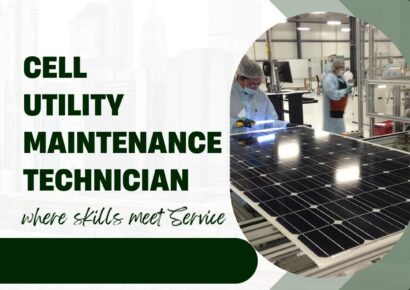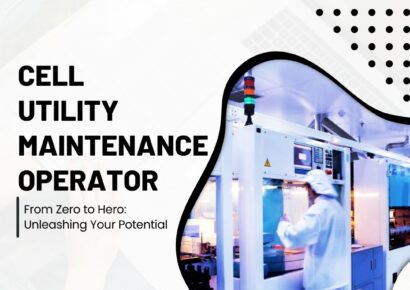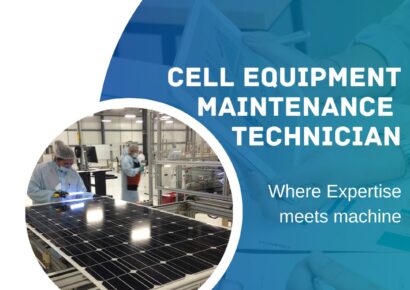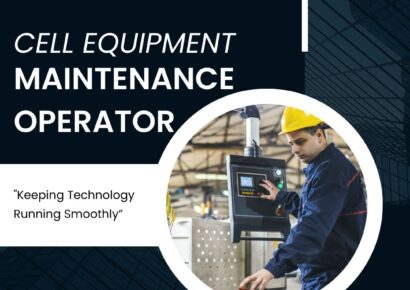Currently Empty: ₹0.00
About Course
A Utility Maintenance Supervisor is responsible for overseeing and coordinating the maintenance of essential utility systems, including HVAC, electrical, plumbing, and water supply, within a facility or industrial environment. Their role involves managing a team of maintenance technicians, ensuring the safety and efficiency of utility systems, and adhering to regulatory compliance. Utility Maintenance Supervisors prioritize preventive maintenance, troubleshooting, and timely repairs to minimize disruptions and maintain a safe working environment. They play a critical role in resource management, budgeting, and fostering a culture of continuous improvement within their teams, contributing to the overall reliability and functionality of utility systems. Effective leadership, technical expertise, and a focus on safety are fundamental to their role.
Course Content
Basic Introduction to PV Cell
-
Basics of Semicondoctor
00:00 -
Solar Cell Principles & Production Environment
00:00 -
Short Review-1
Cell Quality
Utilities
6s Occupational Health, Safety, and Environment (OHSE)
Manufacturing Execution System
Workplace Help and Resources
Tags








